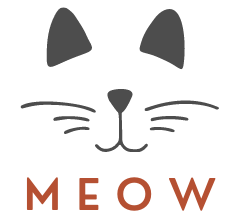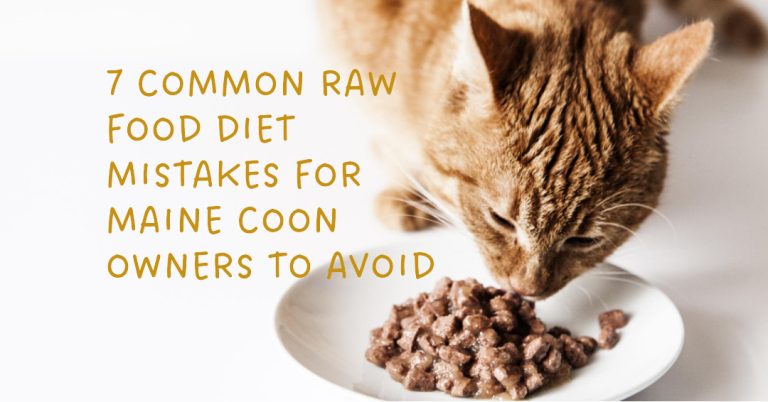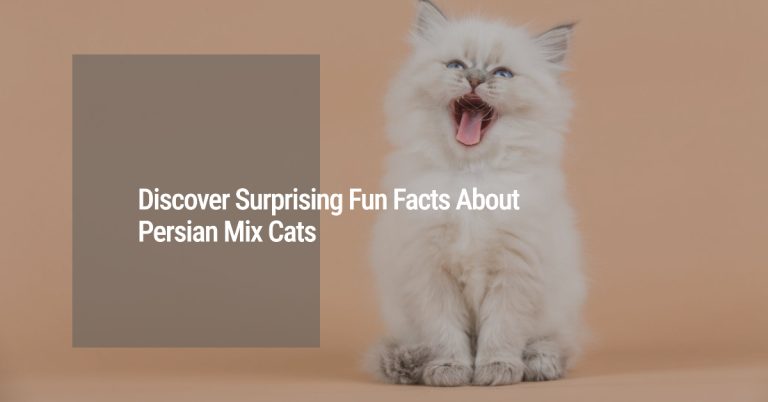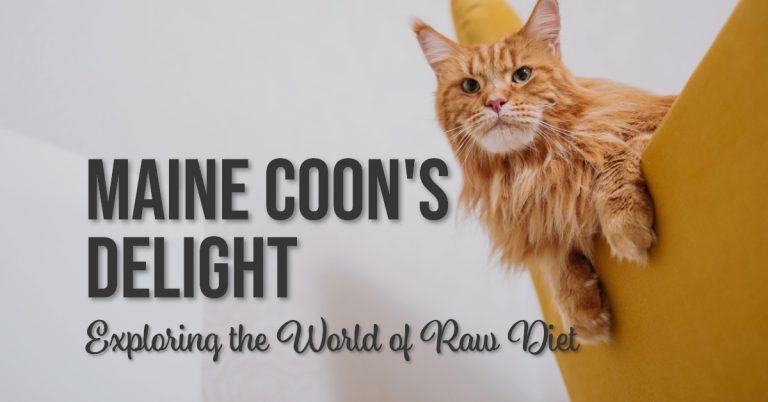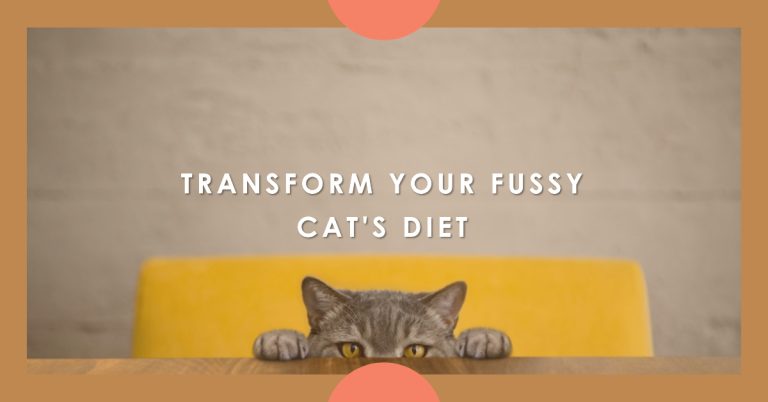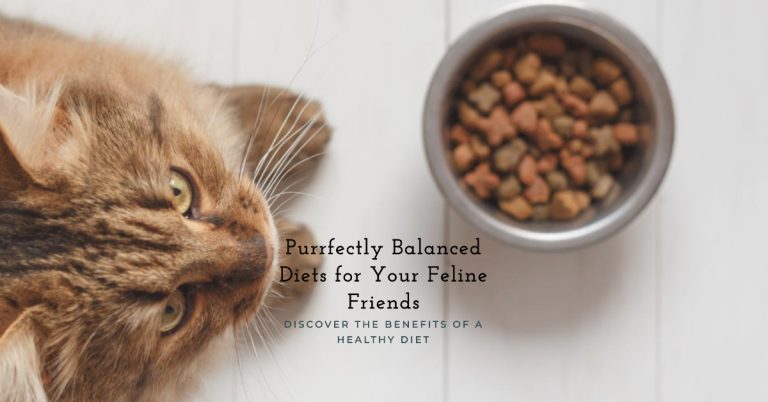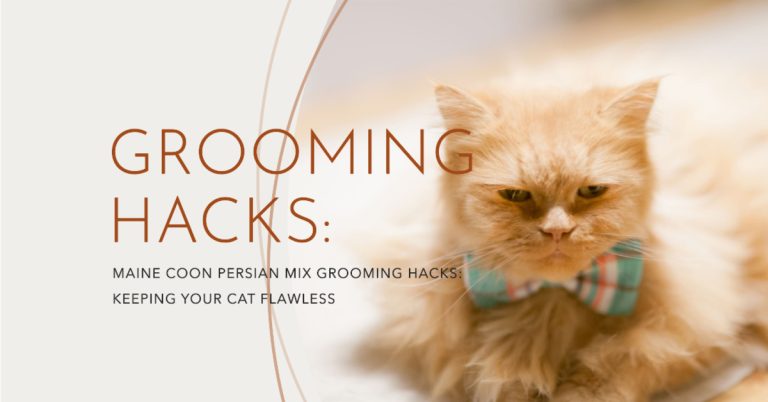Mythbusters: Debunking Common Misconceptions About Raw Diets for Maine Coon Cats
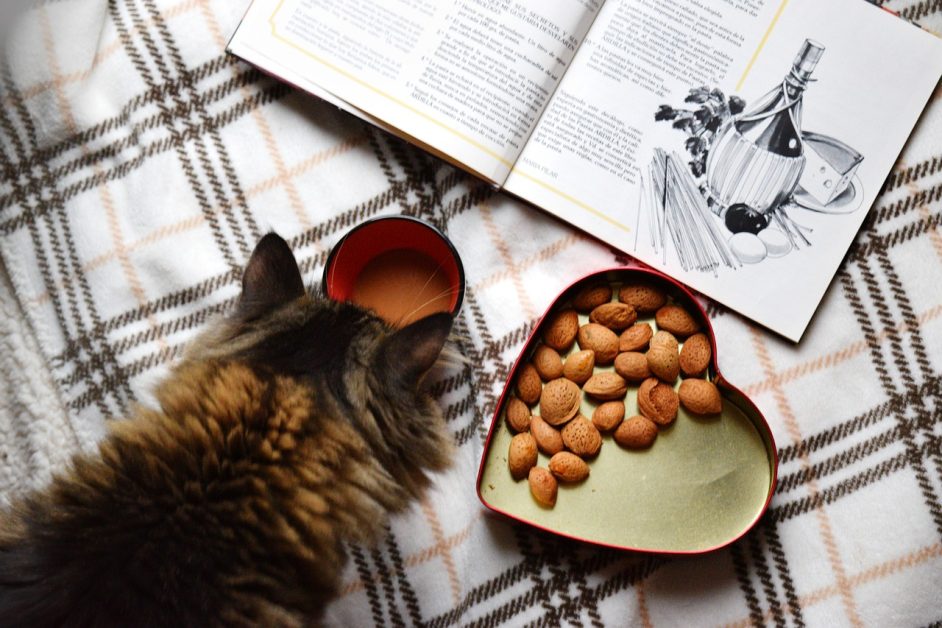
Introduction
When it comes to the dietary needs of our beloved Maine Coon cats, there’s a lot of misinformation out there. Raw diets, in particular, have been the subject of many myths and misconceptions. In this article, we’ll embark on a myth-busting journey to clarify the truth about feeding Maine Coon cats raw diets. By dispelling these misconceptions, we aim to provide you with accurate information to make informed choices for your feline friends.
Myth 1: Raw Diets are Dangerous for Cats
One of the most prevalent myths is that raw diets are dangerous for cats. This misconception often stems from concerns about foodborne illnesses and nutritional imbalances. However, scientific studies have shown that raw diets can be safe and nutritionally adequate for cats when prepared correctly.
Raw diets can offer a range of benefits, including improved digestion, healthier coats, and better dental health. By sourcing high-quality ingredients and following safe handling guidelines, you can mitigate any potential risks associated with raw feeding.
Myth 2: Cats Can’t Get All Nutrients from Raw Food
Another common myth suggests that raw diets cannot provide all the necessary nutrients for cats. While it’s true that creating a balanced raw diet requires careful planning, it is entirely possible to meet your Maine Coon’s nutritional needs through raw feeding.
Raw diets should include a variety of proteins, organs, and bones, mimicking the diet of a wild cat. By following a well-researched recipe or consulting a veterinarian, you can ensure your cat receives all the essential nutrients they require.
Myth 3: Raw Diets Lead to Bacterial Infections
Food safety is a valid concern when it comes to raw diets, but it’s essential to understand the risks and how to mitigate them. Raw meat can contain harmful bacteria, but so can many commercial pet foods.
To minimize the risk of bacterial infections, follow proper food handling practices, maintain cleanliness, and ensure your cat’s food is sourced from reputable suppliers. The benefits of a raw diet can far outweigh the risks when approached with caution.
Myth 4: Commercial Cat Food is Better
Some believe that commercial cat food is superior to raw diets because it’s formulated to meet specific nutritional standards. While commercial food can provide essential nutrients, it’s essential to recognize that not all commercial options are created equal.
Raw diets offer a more natural and biologically appropriate approach to feeding cats. By carefully selecting ingredients and following a balanced recipe, you can provide your Maine Coon with a diet that aligns with their natural dietary requirements.
Myth 5: Transitioning to Raw Diets is Difficult
Transitioning a cat from commercial food to a raw diet can seem daunting, but it’s entirely achievable with patience and the right approach. Common challenges include finicky eaters and digestive adjustments.
Start the transition gradually, mixing raw meals with their regular diet. Over time, your cat is likely to adapt and thrive on the new menu. Remember that each cat is unique, so patience is key.
Myth 6: Raw Diets Are Expensive
Some believe that raw diets are prohibitively expensive. While it’s true that high-quality ingredients can come at a cost, raw diets don’t have to break the bank. With careful planning and smart sourcing, you can provide a raw diet that’s both nutritious and cost-effective.
Comparing the long-term health benefits and potential reduction in veterinary bills, many cat owners find that the investment in a raw diet is worthwhile.
Myth 7: Raw Diets Don’t Benefit Maine Coon Cats
Lastly, some doubt whether raw diets specifically benefit Maine Coon cats. In reality, the benefits of raw feeding apply to all cat breeds, including Maine Coons. These diets can contribute to improved health, enhanced coat quality, and overall well-being.
Maine Coon cats, with their larger size and potential for joint issues, can particularly benefit from the joint-supporting nutrients found in raw diets.
Conclusion
Debunking these common myths about raw diets for Maine Coon cats is essential for making informed decisions about your pet’s nutrition. Raw diets, when prepared and handled properly, can provide numerous health benefits. Remember that transitioning to a raw diet should be done gradually and with care, and consulting with a veterinarian is always a wise choice.
FAQs
- Can all cats eat raw diets, or are they suitable only for certain breeds?
- Raw diets can be suitable for all cats, regardless of breed. However, individual dietary needs may vary.
- How do I ensure my cat’s raw diet is balanced and nutritious?
- Consult a veterinarian or a feline nutritionist to create a balanced raw diet plan tailored to your cat’s specific needs.
- Are there any potential risks associated with raw diets that I should be aware of?
- Raw diets carry a slight risk of bacterial contamination. Proper handling and sourcing can help minimize this risk.
- What are the signs that my cat is transitioning well to a raw diet?
- Look for improved energy levels, healthy coat, and stable digestion as indicators of a successful transition.
- Can I combine raw and commercial cat food in my cat’s diet?
- Yes, mixing both types of food can offer variety while ensuring balanced nutrition.
